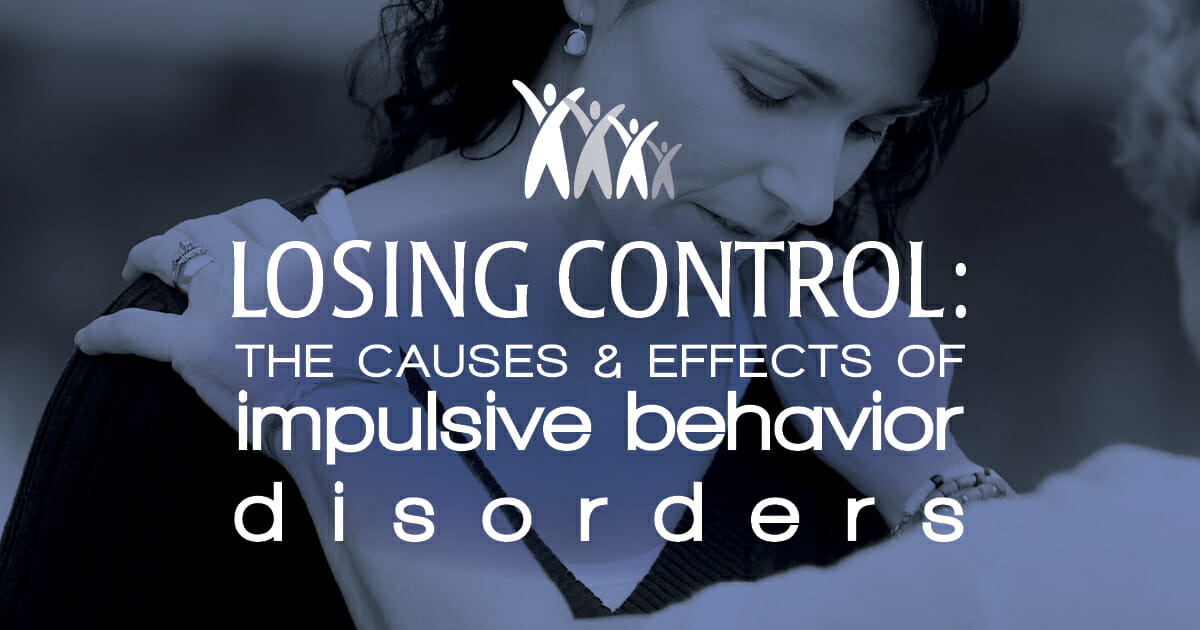Search by category, archive or keyword

Are Primary Care Doctors & General Practitioners Capable of Performing Drug and Alcohol Interventions?
Most doctors truly care about the well-being of their patients. However, most of society is unaware that, although doctors go to medical school for 8-12 years, they never study, learn, or take classes on the addiction model.
Doctors, with the best of intentions, rely on their intellect and experience to treat addiction with medication. They may also give recommendations to a psychiatrist who will prescribe medications but never address, as a treatment center can, the root of the problem.
Most people are unaware also that doctors do not spend much time becoming educated about various medications. Almost all doctors know about prescription medications comes from trends in the medical community, trial and error, and pharmaceutical representatives.
If medications could fix addiction, then we would just refer people to the family doctor or local psychiatrist, and they would get well. We need to get people off alcohol and drugs and teach them to cope with life on life’s terms, not just medicate them with FDA-approved drugs because a doctor says so.
Doctors are best at treating people in their fields of expertise, and for most, that field is not addiction. Whenever families tell us about the visit to the doctor in regards to treating addictions, we are told the addicts or alcoholics were given medications, and now the families are going to see how that works.
Every time, without fail and after only a week or two, the loved ones are never any better. In fact, they are worse because now they are usually mixing the drugs or alcohol with the medications prescribed by the doctor, medications which mask symptoms instead of providing solutions.
Addiction Interventions Performed by Doctors
Doctors working at treatment centers tend to have a good understanding of addiction because it is their area of expertise. They are far more helpful than your family physician could ever be.
However, even doctors in treatment centers may lack knowledge about the addiction model and can be quick to prescribe medications that are unnecessary. For many doctors and psychiatrists, their main objective is to prescribe medications to treat sickness and disease instead of focusing on long-term solutions.
For some doctors and treatment centers, there is no money in cure, but there is money in sickness and returning clients. Continuing to provide medications over time to mask and treat symptoms is far more profitable than working towards a cure and getting to the underlying issue of addiction. That may seem a harsh thing to say, but some doctors have practically become licensed drug dealers.

Almost anyone can walk into a local hospital or doctor’s office and walk out with just about any medication needed or requested. Not all doctors are like this, of course, and many doctors provide much-needed quality health care.
More and more frequently, we see people being put on medications they do not necessarily need after being diagnosed with problems they truly don’t have. It is almost impossible to watch television without having some pharmaceutical company trying to convince you to take their pill. It isn’t that these medications can’t help people who seriously need them.
However, a standard sales tactic of the pharmaceutical industry tries to convince people they have an issue or disorder their medication can fix. Consulting your doctor for physical ailments related to the addiction is the best thing anyone can do.
Unless your doctor is telling your loved one to go to a treatment center to get help for the mental part of the addiction, you should probably consult a real addiction professional for a second opinion. Most doctors are good people; they just lack the background and education required to address and treat addiction and mental health issues.
Addiction Interventionists & Substance Abuse Experts
Contact Family First Intervention to get the Conversation Started…
An intervention is not about how to control the substance user; it is about how to let go of believing you can.
“The most formidable challenge we professionals face is families not accepting our suggested solutions. Rather, they only hear us challenging theirs. Interventions are as much about families letting go of old ideas as they are about being open to new ones. Before a family can do something about the problem, they must stop allowing the problem to persist. These same thoughts and principles apply to your loved one in need of help.”
Mike Loverde, MHS, CIP



